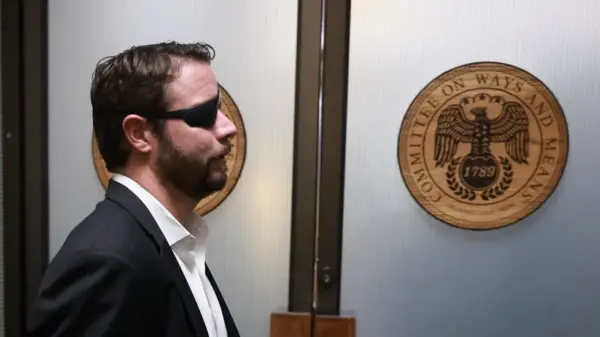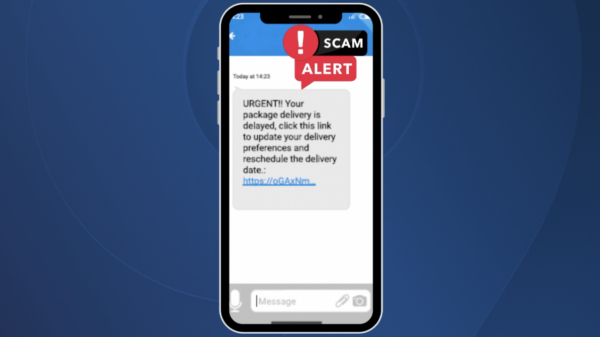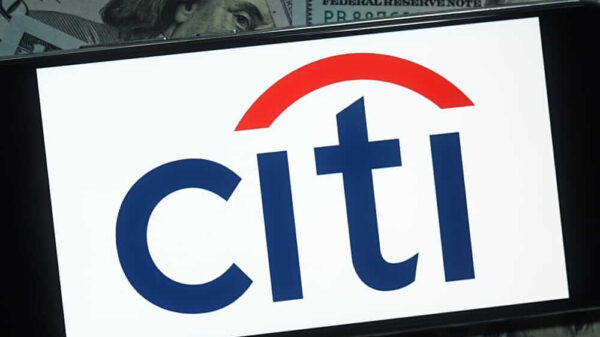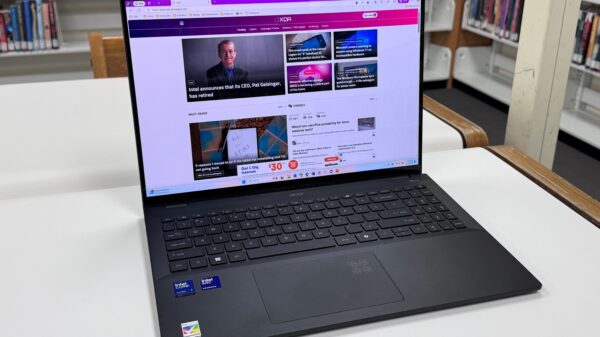The push towards fleet electrification is accelerating, despite recent legislative challenges in the United States. The implementation of the new OBBA tax law was expected to hinder electric vehicles (EVs), yet evidence suggests that the momentum for EV adoption continues to grow. Fleet owners are increasingly committed to transitioning to zero-emission vehicles, while automakers are responding with a broader range of electric options. New entrants in the fleet electrification service sector are also emerging, providing crucial support to businesses navigating this shift.
One significant factor driving fleet electrification is the global focus on carbon accounting. Companies with international operations are adopting innovative technologies to enhance their sustainability profiles, aligning with global standards for emissions reduction. This shift extends beyond vehicles, as fleet owners are also investing in sustainable practices for their warehouses and facilities.
Previously, fleet owners faced considerable challenges in planning and analysis as they embarked on electrification. Today, the landscape has changed dramatically. Energy-as-a-Service contracts and Charging-as-a-Service options allow businesses to upgrade their fleets without incurring substantial upfront costs. Additionally, advanced software tools help identify key areas for decarbonization, streamlining the electrification process.
A notable player in this evolving landscape is Gravity, a California-based carbon and energy management platform. Recently, Gravity launched its Energy Management Marketplace, which offers comprehensive energy analysis and outlines actionable steps for businesses. This marketplace also connects companies with trusted partners to implement these strategies effectively. Alongside fleet electrification, the platform encompasses a wide range of enterprise energy management solutions, addressing reactive power expenses and exploring opportunities for energy savings through LED retrofits, solar energy, and battery storage.
On the financing side, Gravity collaborates with partners such as TaxTaker and Renew Energy Partners to help businesses leverage tax incentives and reduce costs. Furthermore, their partner Ever.green assists clients in obtaining renewable energy certificates (RECs), enhancing their sustainability initiatives while providing financial benefits.
The Marketplace’s analytical tools are instrumental for fleet owners seeking to navigate the electrification landscape. Partnering with Sawatch Labs, the carbon accounting and electrification division of global fleet management firm WEX, Gravity facilitates the identification of effective decarbonization pathways. Sawatch Labs has developed its evEZ software to assist fleet operators in evaluating electric vehicle options by comparing total ownership costs and operational impacts, assessing daily charging needs, and alleviating concerns related to range anxiety.
Further demonstrating the growing interest in fleet electrification, WEX’s Sourcewell cooperative purchasing branch has integrated Sawatch’s software into its contracts, benefitting over 45,000 agencies. While Tesla has historically dominated the market, other manufacturers are rapidly expanding their EV offerings. Recently, Rivian announced that its electric delivery van is now available to all fleet operators, ending an exclusive partnership with Amazon. Additionally, General Motors has partnered with Hyundai to introduce a new electric delivery van, while Ford is implementing strategies to reduce EV production costs across its range of vehicles.
The school bus sector presents unique opportunities for electrification. Electric buses not only contribute to decarbonization efforts but also offer public health benefits, particularly in urban areas where diesel buses contribute to local air pollution. First Student, a leading school bus operator, is already implementing electrification projects, such as a pilot program in Brooklyn, New York. Their new First Charge initiative aims to reduce the costs associated with installing electric bus charging infrastructure.
In a recent collaboration, the Pacific Gas and Electric Company joined forces with the Fremont Unified School District and EV charging management firm The Mobility House to launch a new electric school bus fleet equipped with vehicle-to-grid technology. This advancement allows buses to serve dual functions, contributing to grid reliability during peak demand periods.
Despite the complex landscape of US vehicle electrification policies, the fleet electrification movement shows no signs of slowing down. As new technologies and partnerships emerge, fleet owners are poised to embrace the transition to electric vehicles, ultimately contributing to a more sustainable future. The question remains: how will government policies evolve to support this growing movement? Stakeholders are encouraged to engage with their representatives and advocate for policies that align with the electrification goals of the industry.







































































